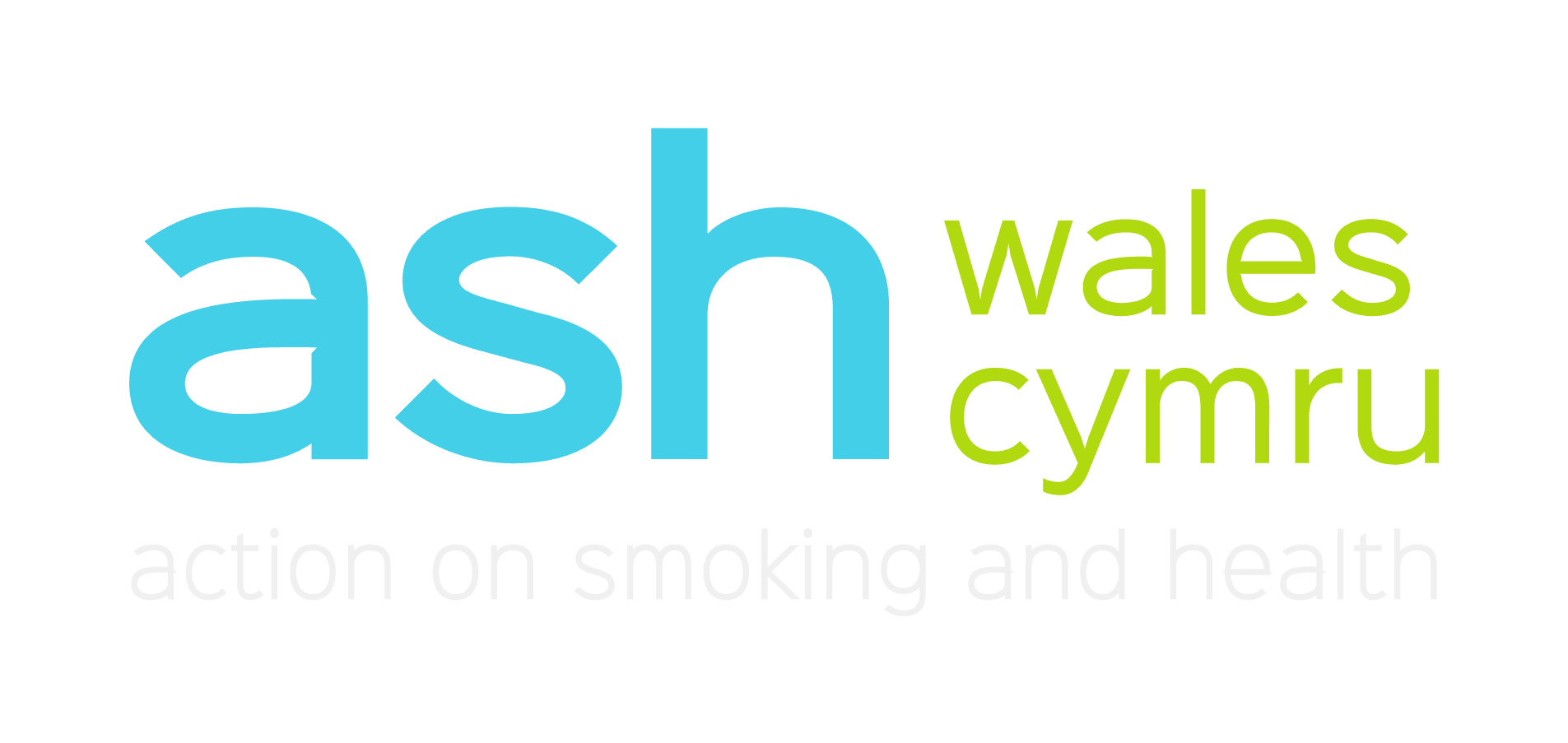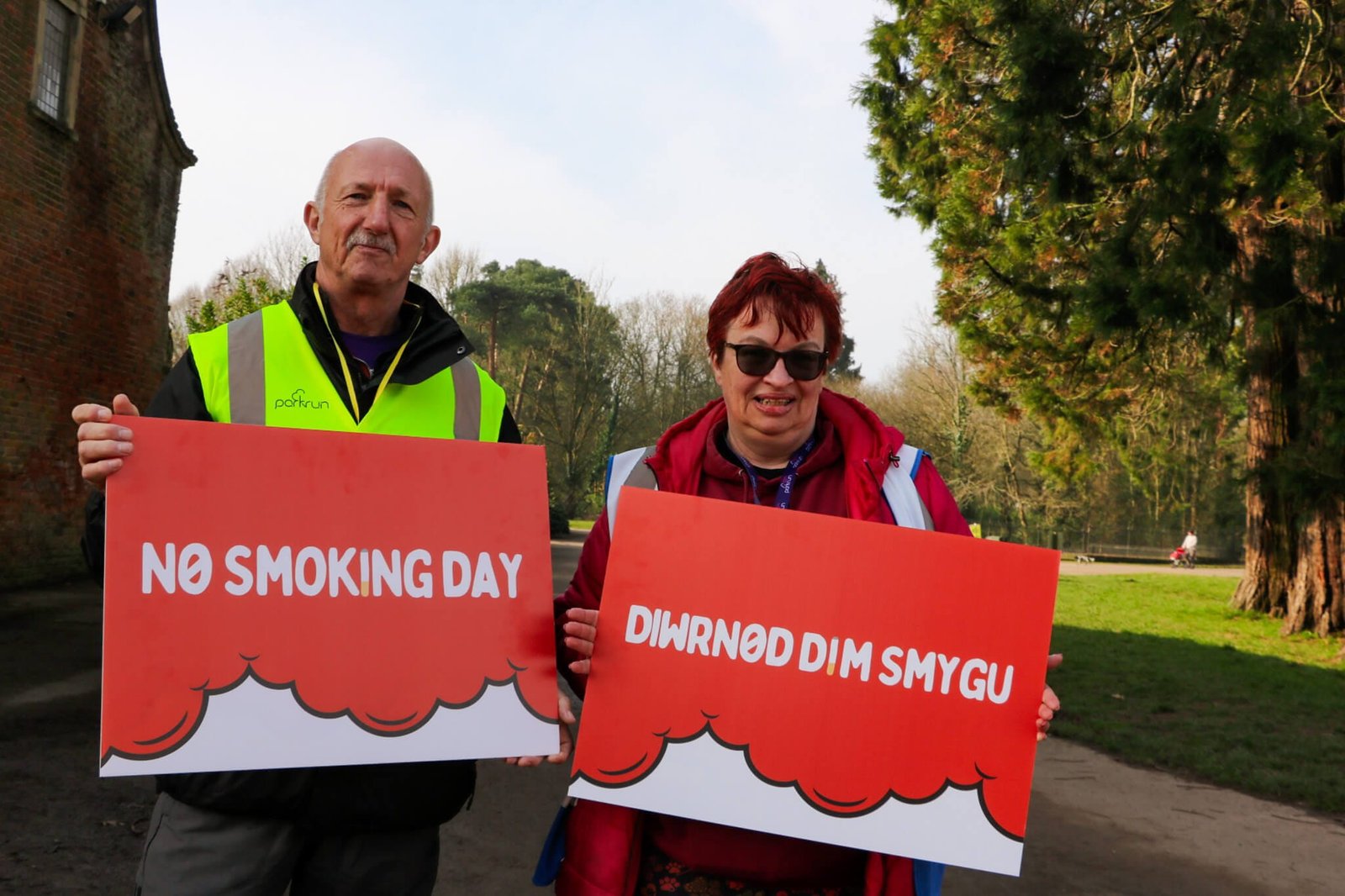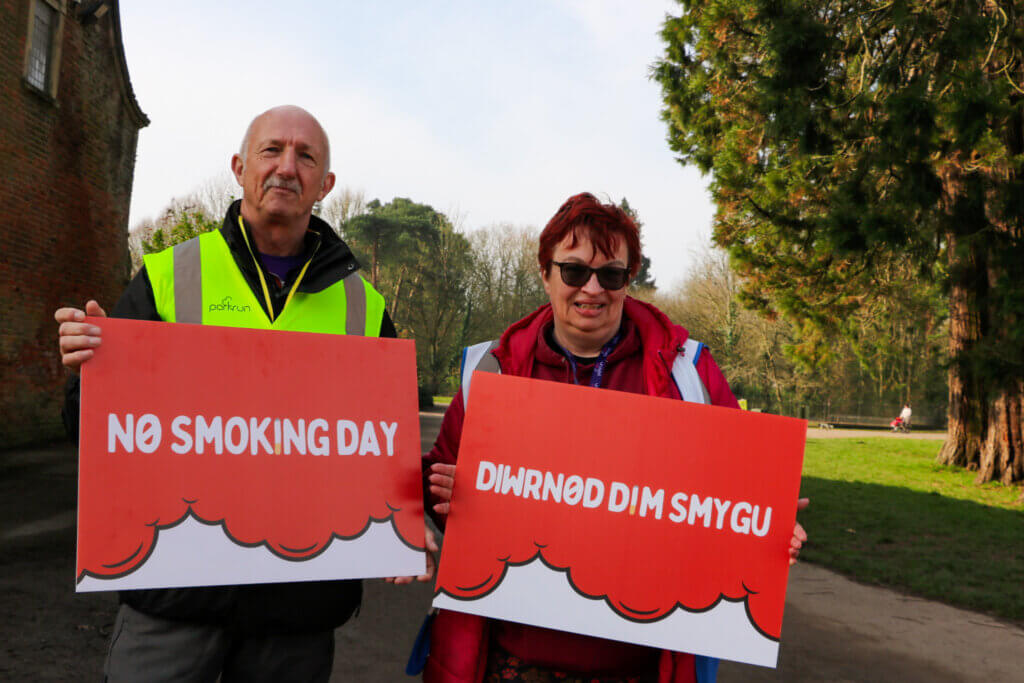Are you hoping to give up smoking? Then read our guide to find out what happens when you kick the habit…
Bouncing back
Did you know that the health benefits of quitting smoking kick in within just 20 minutes of you stubbing out your last cigarette?
Here’s what happens to your body when you give up smoking:
⏲️ Within 20 minutes: Your pulse rate returns to normal
Eight hours: The nicotine and carbon monoxide levels in your body reduce by more than half and your oxygen levels return to normal
48 hours: Carbon monoxide is eliminated from the body and the lungs start to clear out mucus and smoking debris. By this time there is no more nicotine in the body and your sense of taste and smell will be better.
72 hours: Your energy levels will improve as breathing becomes easier and your bronchial tubes start to relax
2 to 12 weeks: The blood circulation improves
3 to 9 months: Lung function increases by up to 10 per cent and coughs, wheezing and breathing problems improve
1 year: Your risk of heart disease is half that of a smoker
10 years: The risk of you developing lung cancer has fallen to half that of a smoker
15 years: You now have the same risk of having a heart attack as somebody who has never smoked in their life
Money, money, money
When you quit smoking you’ll also enjoy a far healthier bank balance.
If you smoke 20 cigarettes a day you’ll be saving £72 a week and £312 a month once you quit. Within a year of giving up you’ll have an extra £3796 a month in your pocket. Enough for a fantastic holiday in the sun ☀️.
Meanwhile 10-a-day smokers will find themselves £156 a month and £1898 a year better off once they quit.
Those who prefer to smoke rollies will save £480 a year if they smoke 5 a day, £960 a year, for 10 a day and if they smoke 20 a day, an incredible £1921 a day.
Friends and family
By stopping smoking you’ll improve the health of your family and friends by reducing their exposure to second-hand smoke, which carries significant health risks.
Every cigarette you smoke contains 4,000 chemicals and at least 50 of those cause cancer, even when contained in second hand smoke.
Exposure to other people’s smoke raises the risk of lung cancer in non-smokers by 20 to 30% and coronary heart disease by 25 to 35%.
Children are most at risk from the harms of second-hand smoke. It increases young infants’ risk of lower respiratory tract infections by around 50%. It also more than doubles a child’s risk of invasive meningococcal disease with the greatest risks for those under 5.
Home sweet home
Your home will be a happier and healthier place once you quit smoking. When you smoke in your home, 80% of cigarette smoke is invisible and it lingers around the house for up to 5 hours. The smoke is made up of particles that are smaller than household dust, so it moves easily from room to room. As well as posing a health risk to your family and friends, third hand smoke, the residue left behind after smoking, builds up and stains surfaces and furnishings.









